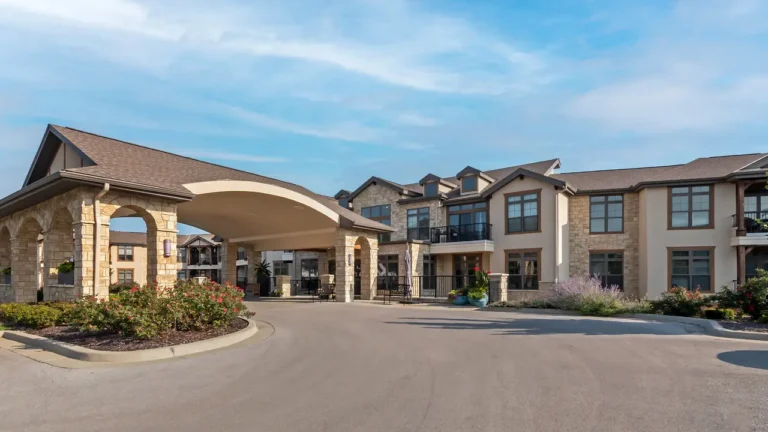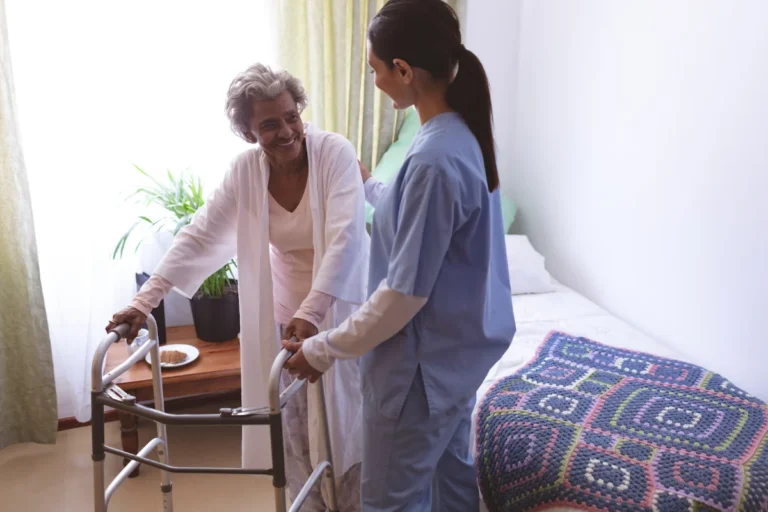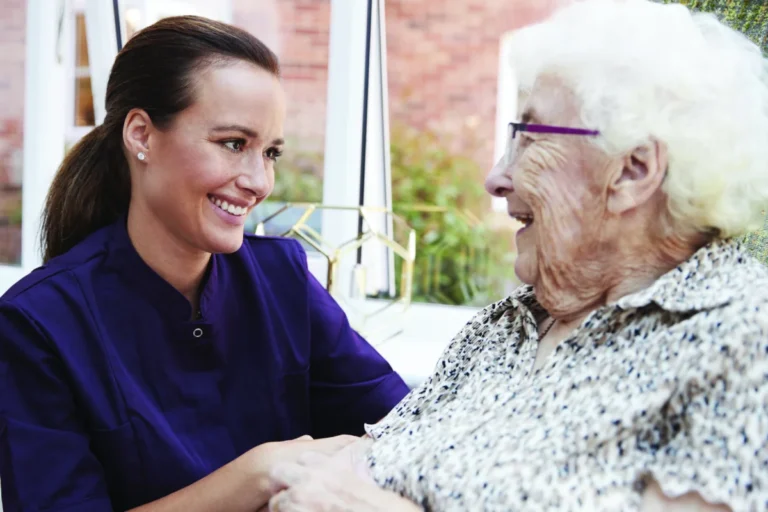Blood pressure is a vital measure of heart health and senior wellness, reflecting the force of blood against the walls of the arteries as the heart pumps it through the body. Maintaining healthy blood pressure and temperature levels is crucial for seniors, as high or low blood pressure can lead to serious health issues like heart disease, stroke and kidney problems.
As we age, blood vessels become less flexible, making it harder for the body to regulate blood pressure. This makes seniors more susceptible to temperature fluctuations, and their cardiovascular systems can become less responsive to changes, increasing the risk of complications.
External factors, such as temperature and weather conditions, can have a significant impact on blood pressure. For instance, cold weather causes blood vessels to constrict, raising blood pressure, while hot weather can dilate blood vessels, leading to a drop in pressure.
Sudden changes in humidity, altitude or barometric pressure can also contribute to blood pressure fluctuations. These shifts can be challenging for seniors whose bodies may struggle to adapt to sudden transitions as quickly as they once did in younger years.
Seasonal Changes and Blood Pressure
Understanding how weather affects blood pressure is important for seniors to manage their health effectively. By being aware of these external factors, seniors can take steps to adjust lifestyle habits, monitor blood pressure more closely and consult health care professionals about potential updates to medication. This awareness helps seniors maintain better control over their heart health, reducing the risk of weather-related health issues.
High or low blood pressure can lead to a variety of symptoms, from high blood pressure and cold extremities like cold and clammy hands to low blood pressure and low body temperature, which may indicate hypothermia, so it becomes crucial to stay consistent with monitoring these levels year-round.
Seasonal changes can significantly affect how blood pressure medications work, even for healthy seniors. In colder months, blood pressure tends to rise as blood vessels constrict in response to the drop in temperature. This may mean that a higher dose of medication or an adjustment in the type of medication is necessary to keep blood pressure within a healthy range.
High Blood Pressure and Heat Sensitivity
Warmer weather causes more blood flow to the skin, causing the heart to beat faster and also circulating more blood per minute. This can also lead to high blood pressure and sweating. Higher heat and sweating can decrease hydration and lead to reduced blood volume, stressing the body and its ability to cool off, creating strain to the heart. In such cases, medication dosages may need to be reduced to prevent blood pressure from dropping too low, which could lead to dizziness, fainting or other health risks.
Other warning signs that the heat is affecting your body:
- Cold, clammy skin
- Confusion
- Headache
- Nausea
- Excessive sweating or inability to sweat
Blood Pressure in Cold Weather
Aging affects the body’s ability to regulate body temperature, and many seniors do not notice when their body temperature has dropped to unsafe levels. Seniors are especially vulnerable to hypothermia, which is when the body’s core temperature drops below 95 degrees. Exposure to these conditions can quickly lead to serious health problems in seniors.
Hypothermia symptoms can mirror other health conditions and include noticeable signs such as cold feet and hands, pale skin, shivering or slurred speech. If left untreated, hypothermia can be fatal and should be addressed as soon as possible. If you or a loved one is experiencing these symptoms, it is a medical emergency, and you should seek medical attention right away.
Some chronic medical conditions that affect blood pressure and temperature can include:
- Diabetes
- Thyroid problems
- Parkinson’s disease
- Arthritis
Because these conditions and readings can fluctuate, regular wellness checks for seniors with health care providers are essential, especially during seasonal transitions. Monitoring blood pressure closely during these periods allows for adjustments in medication, ensuring that it remains steady regardless of outside temperatures.
Doctors can also offer personalized advice on how to adapt lifestyle habits, like exercise and diet, to complement the medication and the season, based on individual needs. By staying proactive and seeking guidance, seniors can better manage their blood pressure year-round, reducing the risk of complications related to weather changes.
Healthy Living Tips for Seniors
In addition to seasonal changes, there are several ways seniors can regulate their body temperature and maintain stable blood pressure levels. Here are a few practical tips for managing steady blood pressure year-round:
Maintain a Healthy Weight
Weight gain is often linked to rising blood pressure, so maintaining a healthy weight is important for blood pressure management. Even modest weight loss can have a significant impact. In the summer, a seasonal diet rich in berries and fruits, paired with plenty of water, can help with weight control and overall quality of life for seniors. Seniors at Tutera communities benefit from a holistic approach to senior wellness with on-site chefs who prioritize both taste and nutrition and senior wellness programs throughout the communities.
Stay Active
Regular physical wellness routines, such as exercising for at least 30 minutes on most days, can help lower blood pressure and show improved health for seniors. Exercise also reduces the risk of developing hypertension. Tutera communities boast exclusive amenities such as swimming pools, walking paths, yoga classes and senior wellness programs. These offer a range of activities, including Wii bowling and health education to help residents stay active and informed about their health.
Limit Alcohol and Caffeine
Moderate alcohol consumption may help lower blood pressure, but excessive drinking (more than one drink per day for women, two for men) increases the risk of hypertension and reduces the effectiveness of medications. For caffeine, occasional drinkers may experience a temporary blood pressure spike, while regular consumers often see little effect.
Manage Stress
Chronic stress can elevate blood pressure, so it’s important to identify and manage stressors effectively. Senior communities offer a variety of stress-relieving activities such as yoga, water aerobics and beauty salon visits to help residents relax and maintain a healthy lifestyle.
The most important advice for seniors regarding their physical wellness, body temperature, blood pressure and other health conditions is to consistently monitor them and stay alert to any changes from the usual range. By doing this, you’ll establish a baseline that can help identify and address any deviations as they happen.
About Tutera Senior Living & Health Care
As a leader in the senior living industry, Tutera owns and manages more than 70 senior living communities in 10 states. With an emphasis on personalized care plans based on individual needs, our team works to bring a holistic approach to senior care, including physical, mental and spiritual wellness. Our blogs and website offer valuable information for both our residents and the senior community as a whole, lending our years of experience and knowledge to the pursuit of senior wellness.
Are you looking for more information about Tutera communities in your area? Take a look here and find a community near you.







